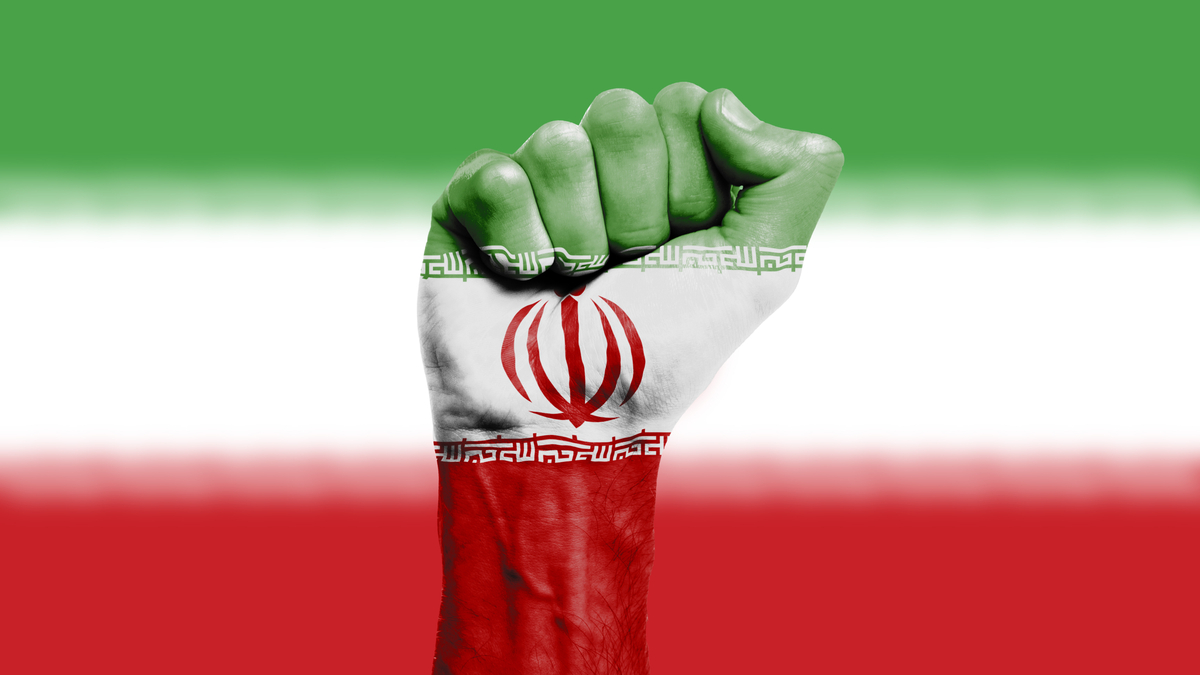Published
7 years agoon

Then there’s the matter of Syria. Since the beginning of the Syrian uprisings in 2011, Ahwazi Arab Iranians have stood in solidarity with their counterparts on the Syrian streets, while Syrian pro-democracy protesters have waved the Ahwaz flag in their protests against Bashar al-Assad’s regime. Small wonder then that today’s Syrian anti-regime revolutionaries and activists are standing in solidarity with the Iranian protests.
Abdelaziz al-Hamza, a Syrian pro-democracy activist from Raqqa and active member of the group Raqqa is Being Slaughtered Silently, advised the Iranian protesters not to reveal their identity, not to carry any ID documentation, and to use removable memory cards in the devices they use to document the protests. He also strongly advised them to use nicknames for their Facebook, Twitter and YouTube accounts, and to communicate via encrypted apps.
Many Syrian opposition activists hope that the Iranian protests will start a domino effect that eventually affects Iranian foreign policy towards Syria. In recent years, the Iranian government has spent billions of dollars annually supporting the repressive Syrian regime. Iran’s powerful military chief, General Qasem Soleimani, has been leading the Iranian military operation inside Syria. If the current protests lead to some sort of revolutionary change, Iran’s strong financial and military support to active actors in the Syrian war – among them Hezbollah and the Assad regime’s army – could suddenly shrivel up. This will also have major implications for Arab countries where Iran is playing a military role, not least Yemen.
If anything is to be learned from the Syrian uprisings, it’s that protests such as these can take on a life of their own in ways no one anticipated. There is a significant chance that the Iranian regime will be every bit as brutal in its crackdown as the Assad regime. Ayatollah Ali Khamenei has blamed the protests on a foreign conspiracy; hundreds of protesters have been arrested, and the head of Iran’s Revolutionary Court warned that some will receive death sentences.
![]() The prospect of major bloodshed at the hands of the state looms large – and if that happens, the ensuing domino effect could create yet another volatile and explosive situation in an already stormy and dangerous region.
The prospect of major bloodshed at the hands of the state looms large – and if that happens, the ensuing domino effect could create yet another volatile and explosive situation in an already stormy and dangerous region.
Josepha Ivanka Wessels is Senior Researcher Middle Eastern Studies, Lund University
This article was originally published on The Conversation. Read the original article.


Iranian Guard Drones in Drill Mirror Those in Saudi Attacks


Trump Supporters Storm US Capitol, Lawmakers Evacuated


South Korean Tanker Was Boarded by Armed Iran Guard Forces


Iran Starts 20% Uranium Enrichment, Seizes Tanker in Strait


US Blames Iran in Abduction, Death of Ex-FBI Agent Levinson


American B-52 Bombers Fly to Middle East in Mission to Deter Iran




